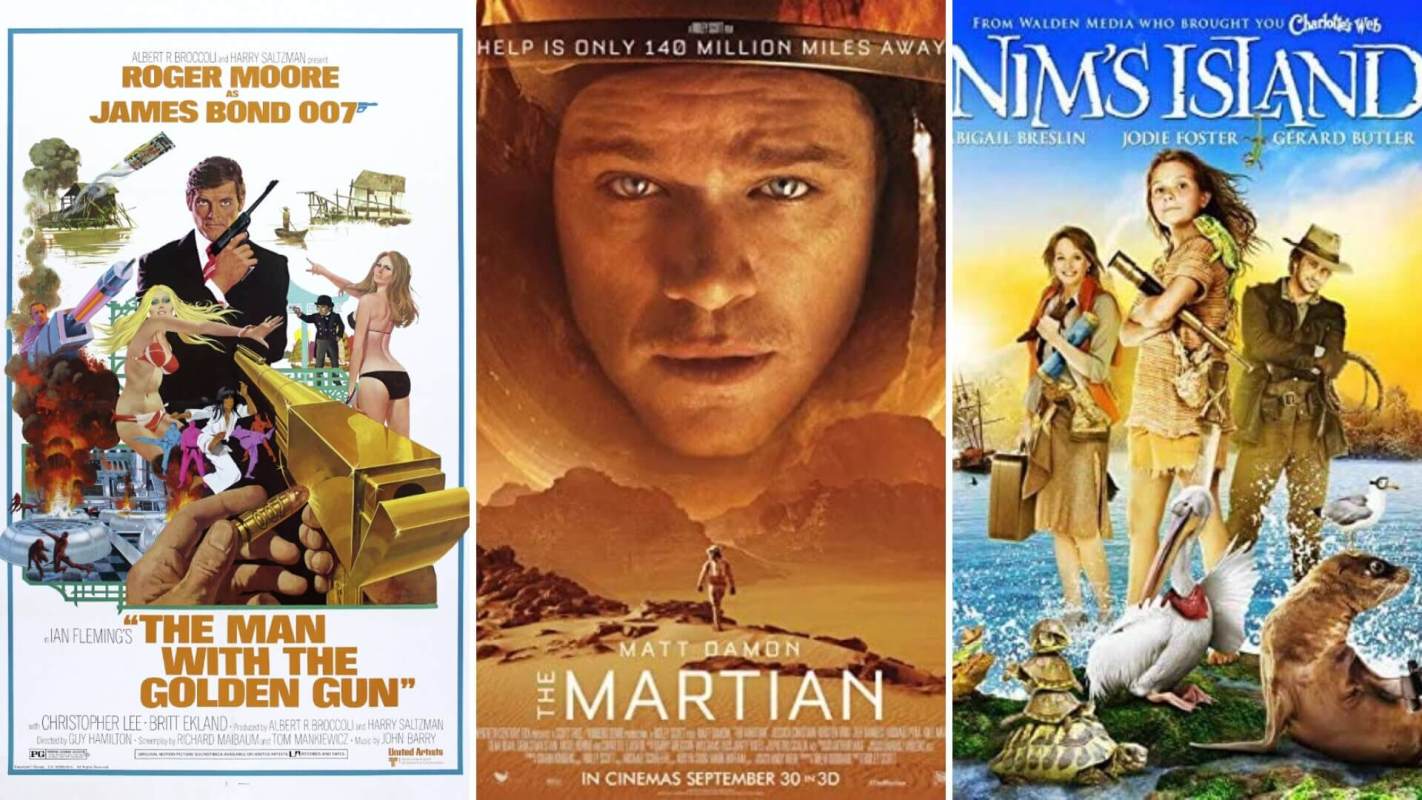Quick, name the last time you saw solar in the movies. Yeah, it's tough. Despite over 3.5 million solar installations in the U.S., solar is barely in the movies, TV, or pop culture.
When singer Lorde released Solar Power, as a solar industry PR person, I was pumped … until I saw that it had nothing to do with installing solar, a disappointment to say the least.
So why should solar energy be a pop culture superstar? Because that's how new products and trends spread.
Look at cars in the 1900s. By 1914, Charlie Chaplin and other silent movie stars regularly included them, even making cars central to a plot about the era's woman suffrage movement.
Similarly, cell phones got a boost when Tom Cruise screamed "Show me the money!" into his cell phone in "Jerry Maguire." Around the same time, Keanu Reeves received a cell phone that changed his life — and his world — in "The Matrix."
As for solar power movies, it's a short list. Here are the most significant ones:
"The Martian"
"The Martian," where Matt Damon's astronaut character uses solar panels to survive while Earth plans a rescue. Not only does it power the station, but the panels also power his journey back to the ship that will send him home. Nice.
"The Man with the Golden Gun"
"The Man with the Golden Gun" is a classic and Roger Moore's first Bond movie. Here, James Bond tries to retrieve a fictional solar tech from an assassin. Obtaining this solar tech is the main driver of the plot, plus you get to see it deployed and destroyed at the end.
"Sahara"
"Sahara" features a big fight scene at a realistic solar plant. But this solar technology is not the kind of photovoltaic (PV) solar panels that we see in most utility solar farms or on homes today. Still, it's real solar tech, so thumbs up.
"Nim's Island"
"Nim's Island" does use conventional solar panels and batteries to power their off-grid island home. But in reality, setting up off-grid solar is not cheap. Most solar homes today remain connected to the utility grid, a much more cost-friendly approach.
"Race the Sun"
"Race the Sun" from 1996 is about a real annual solar car race in Australia. Even though the solar technology is quite different from what we see today, this is perhaps the earliest fictional movie to feature real solar.
So even though solar participation is growing all around us, the presence of solar in pop culture has a long way to go.
The solar workforce (currently over 255,000 workers) and the number of installs will only grow with recently updated solar tax credits. The industry needs to attract new solar workers to keep up with demand.
Solar in pop culture needs to happen if we want to grow the solar workforce, increase installations, and address climate change.
That's why I've created Probably True Solar Stories, a podcast that shares fun, urban legend fictional stories about the solar industry and people going solar.
To reflect today's pop culture, the first season has a solar panel heist story, a funny solar installer robot story set in the year 2040, a haunted solar house story, a kid-friendly story about Winnie-the-Pooh going solar, plus more contemporary stories about solar home challenges, like pigeons, for example.
My hope is that when listeners see themselves in these episodes, they'll get a solar quote, apply for a solar job, or maybe create their own solar business.
So what can you do?
The cost of solar is now coming down, especially with the new 30% solar tax credit passed in the Inflation Reduction Act (IRA).
To see if solar is right for your home, consider getting a few quotes from solar installers or explore going solar virtually through community solar programs. These programs offset your bill from the solar generated by nearby solar power plant.
If you've gone solar or just transitioned to the solar industry, write about your experience. If you are creative, you could write a song about it or create a series of solar panel paintings. You can be at the forefront of solar pop culture and art while helping the world transition to solar power.
Tor "Solar Fred" Valenza is a solar communications pro and head storyteller at Probably True Solar Stories.
Follow The Cool Down on Instagram and subscribe to our newsletter.








